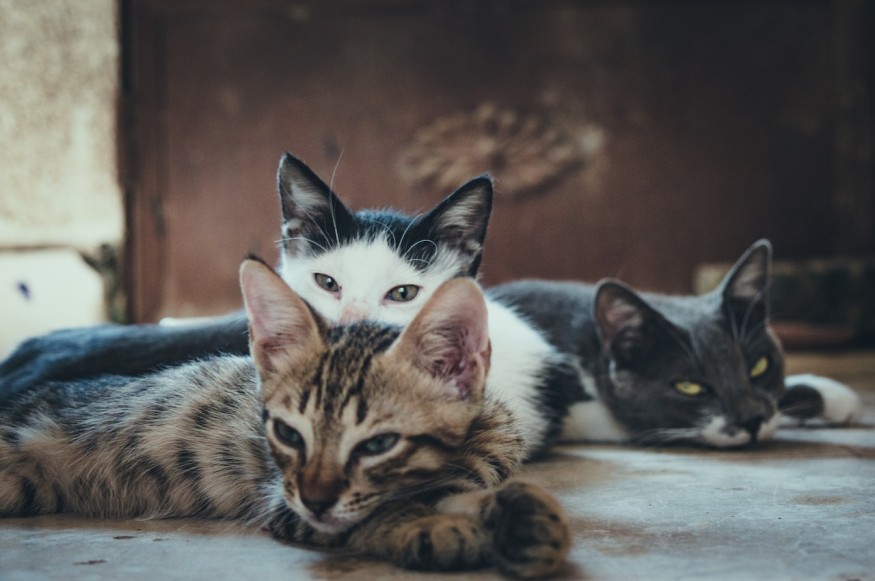
While spaying or neutering cats are typical procedures taken for cat birth control, a one-time gene therapy injection, though still experimental, could be effective in controlling feline birth and overpopulation.
Cat Population
The World Animal Foundation nonprofit reports that there are around 600 million cats around the world. Roughly 80% of them are estimated to be stray or feral cats.
For cat pets in the US, the Humane Society also estimates that 71% of the 80 million cat pets live indoors. Nevertheless, there may still be 30 to 40 million feral or stray cats lurking across the country.
Such feral and stray cats tend to have poor living conditions, USA Today adds. Moreover, because of their predatory instincts, they tend to harm local wildlife. Those that make it to animal shelters also get threatened with euthanasia, which is a sad way to control the cat population.
Read also: Meet the Corsican 'Cat Fox': The Mysterious Feline Prowling the Remote Areas of French Island
Cat Birth Control
This novel cat birth control method would work by transporting a gene into the muscle cells of a female cat, Live Science reports. This would, in turn, trigger the substance's production of anti-Müllerian hormone. This hormone is released from the pituitary gland of the brain and stimulates the growth of follicles within the ovaries, as National Geographic explains.
As a result, egg follicle development within cat ovaries gets disrupted, which would, thus, prevent ovulation from taking place and stop the release of mature eggs for fertilization. Ovulation is linked to cat behaviors that are linked to seeking mates. This was detailed further in a Nature Communications study.
At present, the most common cat birth control procedures are neutering for males and spaying for females. Both, however, are surgical procedures that are quite invasive.
William Swanson, the animal research director at the Cincinnati Zoo and Botanical Garden and a co-author of the study, told The New York Times that several people have been aiming to come up with an alternative to such invasive surgeries. However, nothing else has been seen to be as effective.
While the recent study had a small scope, the results are still promising. As part of the study, six female cats received injections, while three others did not. Four of the injected felines did not exhibit interest in mating. The other two, however, did repeatedly mate with males but did not ovulate and get pregnant.
The study revealed that the one-time shot prevented the pregnancy of these felines for two years.
The researchers also tested the novel gene therapy in mouse models. They discovered that the therapy was just as effective.
They plan to test it further on kittens, which become sexually mature at four months old, and dogs. They are also looking into whether the therapy would work for humans as well. However, they did not supply any details.
While such a method appears promising, the researchers warn that gene therapy injections are still many years away from becoming widely available as a birth control alternative for cats. They plan to conduct a study with a larger scope that could offer sufficient grounds for them to seek approval from the US Food and Drug Administration.
Check out more news and information on Animals in Science Times.









